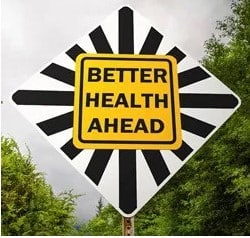The VulnerABLE project aimed at understanding the barriers to access healthcare faced by a highly heterogeneous/diverse group of people at risk for vulnerability and improve their health. Older persons were one of the target groups of the project, however it was clearly stated that being old itself does not imply being vulnerable. Multiple risk factors in combination with being of older age may lead to a situation of vulnerability.

The VulnerABLE project focused on different groups: older people, children and families from disadvantaged backgrounds; those living in rural/isolated areas; those with physical, mental and learning disabilities or poor mental health; the long-term unemployed; the inactive; the ‘in-work poor’; victims of domestic violence and intimate partner violence; people with unstable housing situations (the homeless); and prisoners.
The project’s results advise not to develop a parallel system for vulnerable groups but to mainstream inclusive services and prevention. Different possibilities of how this could be done were discussed at the final dissemination conference on 7 November and can be summarised by quoting Maria Gallagher from Public Health Wales: who advocates for person-driven care and co-production: We should ask “What matters to you?” rather than “What is the matter with you?”. This is why the VulnerABLE project suggests “proportionate universalism” as approach to organize healthcare implying a principle for action with adequate flexibility for Member States’ governments, regional authorities and local areas.
Additional Resources:






